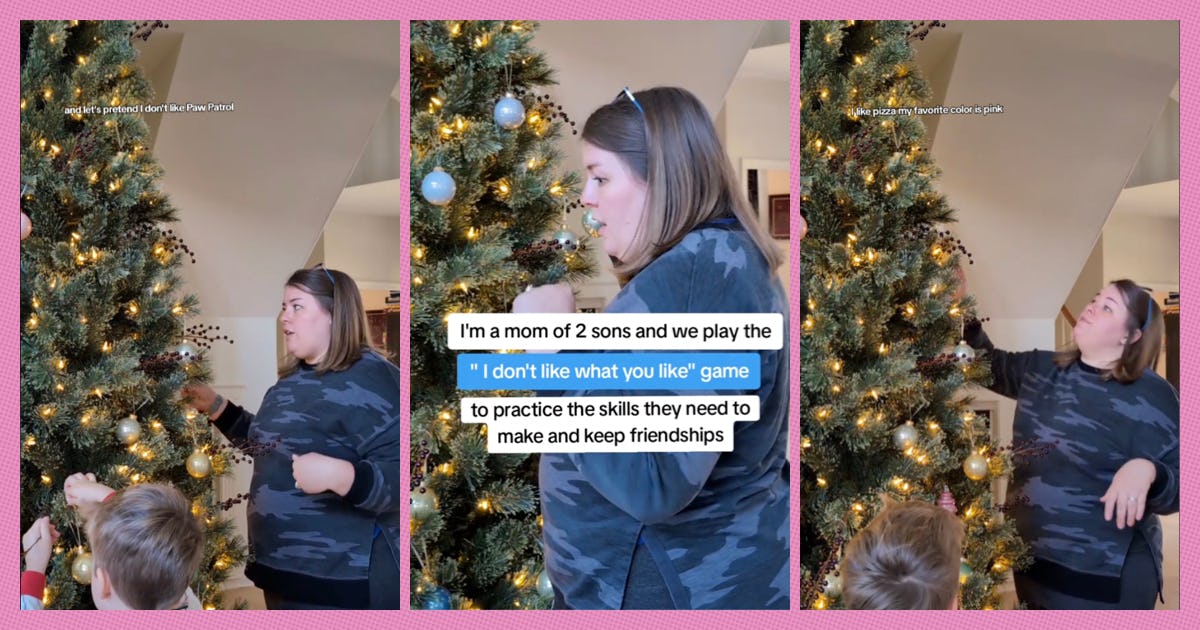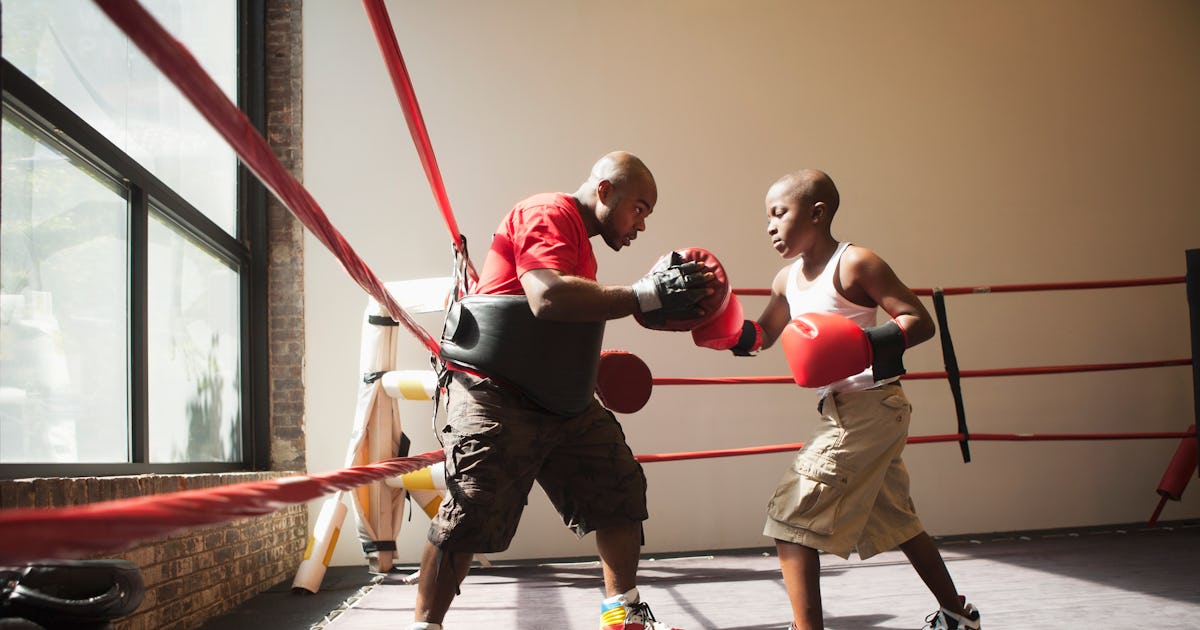Natural consequences are a child’s best teacher. Does any of this sound familiar?
“Dad, where is my backpack?”
“Mom! I forgot to bring my lunch! You have to bring it now!”
“Where did you put my sweatshirt?”
In positive parenting, we have a saying about natural consequences:
“A child who always forgets has a parent who always remembers!”
Many of the complaints I hear from parents have to do with irresponsible and forgetful behavior in their children. It usually starts early, around the age of four or five, and peaks when the child is in middle school. We gleefully picked up what was going on between the bottles of toddlers rolling under the couch and screaming. Then the preteen screams at us that she can’t find her favorite jeans, and we snap at her that if she didn’t make the room so messy, maybe she could find the clothes she wants?
First, parents often don’t realize how much their young children can do. Many young children are very capable of understanding our words and body language, even if they are unable to communicate verbally. So in the above example, when a child encounters difficulties, we tend to “rescue” the child. This is a natural and normal reaction! “Saving” a child from pain is how parents and children build a bond. When a child cries because he is hungry, we “rescue” him by feeding him. Then, a child cries because she is wet, and when we change her diaper, we “save” her.
This mechanism occurs instinctively under normal circumstances, and a bond between parent and child is established.
The problem arises when we “rescue” a child from activities that she is capable of doing on her own. So now you don’t need to “save” her from starvation when her bottle rolls under the couch. Now it’s time to help her solve her problem. You can play a game, “Where do you think your bottle went?” Start looking under and behind things to help her find the bottle. In this way, she begins to learn to be self-sufficient under your loving guidance.
Think of things you are doing for your child that she can do for herself. Give it to your child as a new responsibility. In this way, you can build her self-esteem and teach her self-reliance.
The next complication occurs when the child starts school. They forget lunch, homework, sweaters, backpacks, library books…and more! When they forget, we nag, yell, complain, threaten and punish. Nothing seems to work! Here are 3 rules for teaching children responsibility through natural consequences:
- stop remembering them
- Bite your tongue – don’t say “I told you so!”
- Don’t tell them what will happen, let the consequences speak for you
So the first thing parents have to do is stop reminding! When parents remind their children, they become dependent on the reminder and fail to remember on their own. We parents couldn’t understand why they didn’t remember because we told them over and over again! But it was telling them repeatedly that caused irresponsibility!
The second thing we need to do is stop saying “I told you so!” or “See what happens when you forget?”
In this case, the child’s focus is on how mean we are or how stupid they are rather than learning how to be responsible.
Finally, stop telling them how the world works and let the world and its natural consequences teach your children. When you tell them, they treat you as a teacher instead of learning from how the world works. What I love most about this parental response is that I can allow myself to be a safe haven from the big evil world teaching my kids.
For example, when my son Michael forgets his lunch, I have a sandwich and food ready for him when he comes home. “Wow, you must be hungry! Come on, have a sandwich! If he tries to blame me, say ‘Why didn’t you bring me lunch!’ ” All I would say is, “You must be really hungry because you forgot to eat lunch. Do you need another snack?” “He would understand that it was his responsibility and not mine, and I was actually comforting him.
Finally, you can help your children become more responsible over time by teaching them how to think. If you tell them what to do, they won’t learn. When you ask questions in a loving way, they learn to use their brains.
If you find yourself telling your child to do something, change it into a question.
For example, instead of saying “It’s time for school,” say “What time do you need to get off work so you can get to school on time?”
Instead of saying, “Remember to turn in your library books,” say, “How do you remind yourself to turn in your library books on time?”
Instead of saying, “Do your homework,” try saying, “How much time do you need to do your homework tonight?”
Most importantly, this method of communication will teach children to remember, be responsible and accountable for their actions. So you have a lot to do with how your child learns to think, how to react, how to communicate. By asking questions, you will become a master of the communication style you want your child to succeed in school and in life.
Deborah has taught parenting classes for nearly 30 years. Her children are 34, 30 and 29 years old and they are very self-sufficient!
For more information on how to become a Positive Parenting Lifetime Member for only $99, visit the Positive Parenting Membership page.



